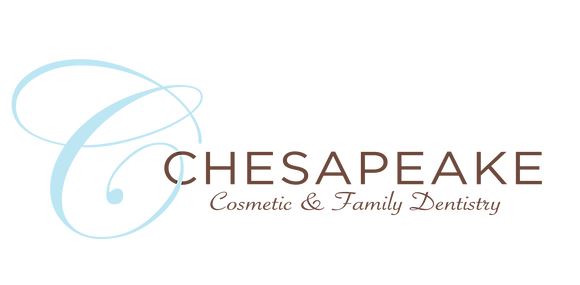Challenge: A periodontal maintenance patient of record presented past due for recare. The initial exam revealed signs of active periodontal disease indicating that the patient is no longer in periodontal remission. Medically, the patient is undergoing treatment for breast cancer.
Background: A 54-year-old female patient of record, with history of successful periodontal therapy, has relapsed due to missed recare and decreased oral home care. A diagnosis of breast cancer in Spring 2019 has led to her chief complaint being, “I have slipped with my home care since all of this medical stuff happened.” The overall home care is fair with some areas of poor status. The patient has a history of smoking. Upon further periodontal assessment, signs of active periodontal disease were detected consisting of 1-5 mm generalized pockets, generalized light scattered calculus, with moderate bleeding on scaling.
Solution: The patient’s goal is to improve her oral health. Considering her cancer diagnosis, we also discussed oral-systemic connections. We agreed an OralDNA® Labs MyPerioPath® may help determine the underlying cause of the inflammation; a saliva sample was collected on 8/19/2019. The periodontal therapy provided consisted of localized scaling and root planing and Atridox® was placed subgingivally to reduce the inflammation. Home care instructions were reviewed with the patient and she added daily use of a Waterpik™. Per the MyPerioPath® results, the bacteria were not a significant cause for the inflammation; therefore, a systemic antibiotic wasn’t added to the periodontal treatment.
Resolution: I submitted this case study before the patient returned for the recare appointment because I wanted to highlight how the MyPerioPath® results streamlined my therapy. Originally looking only at the clinical signs of disease, I would have assumed there was a significant bacterial cause and both myself and the patient were prepared to include systemic antibiotics in the therapy. However, when the MyPerioPath® results showed minimal bacteria, I then understood most of the inflammation was due to what the patient was experiencing in her overall health. I was able to provide personalized therapy for this patient.

For more information on how to become an OralDNA Provider – scan HERE: 
- Relapsed Periodontal Maintenance Patient with Breast Cancer - November 15, 2019

